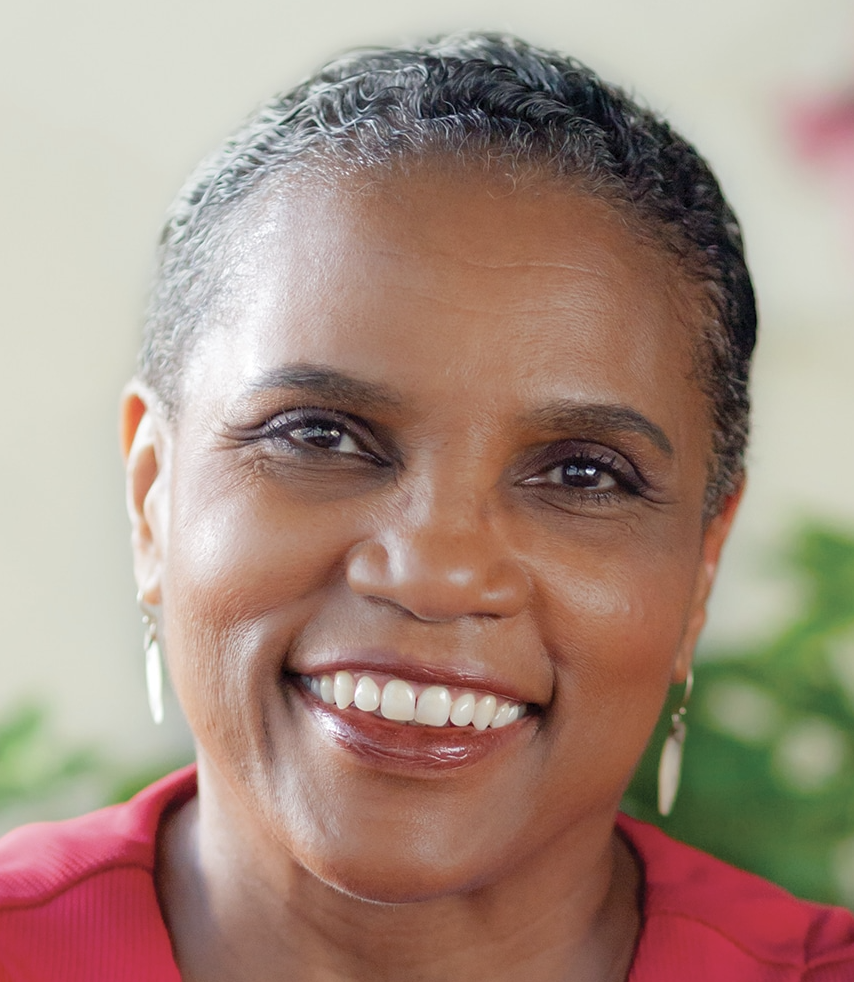
Vernal Branch
Patient Advocate
I was diagnosed with stage 2 breast cancer in 1995 at the age of 45. Eight months before my diagnosis I had just moved from Texas to California, and I had some swelling in my breast, which was unusual because I was no longer was having monthly menses, because of a hysterectomy 5 years before. My mammogram and ultrasound came back negative, so my doctor took me off of the hormones which I was taking for hot flashes. After about two months, while taking a shower, I discovered a small lump in my breast, which continued to get larger after two weeks. I went in to see my doctor, and she sent to get another ultrasound that same day, and when I went back to see her within the hour, she was already setting up another appointment for me to see a surgeon. At that time, I thought I had no family members who had been diagnosed with breast cancer, but after my own diagnosis, I found several other family members who had been diagnosed on my mother’s side of the family. After surgery and treatment , I wanted to get involved with an organization to help me navigate this next phase of my life. I got involved with Y-ME national breast cancer and the National Breast Cancer Coalition. I knew that I wanted to be able to help others, but also wanted to be a part of the national worldwide conversation for advocacy. The following year, I took the NBCC Project LEAD course, and this was empowering me with knowledge and educating me on the disease, and what my advocacy could be a part of. After taking this course, I immediately became a reviewer for the Dept. of Defense Breast Cancer Research program. I have also reviewed grants for Komen national, and participated as a IRB member of the Virginia Commonwealth Hospital.
One of the things that really excites me about research is being able to offer insightful advice to researchers when they are first developing a new research protocol. I have been able to do this with University of Virginia, California Breast Cancer Research Programs, Duke Cancer Institute, Johns Hopkins Hospital and various others for many years now. I will continue this work weather reviewing grants or working with researchers.
However, when I was first diagnosed, my three sons were not married, but were in college and one in high school. My husband said he wanted be to be there to rock grandbabies with him one day, and now we have 7 grandchildren whom I adore and love spending time with. My time away from breast cancer activities includes me reading a good mystery or biography. I like to take walks along the lake where I live, and cooking is one of my passions, because I use to be a caterer, but now I enjoy just creating new recipes for family and friends.
When I was invited to DSLRF Scientific Advisory Committee, I immediately said yes, because of Dr. Susan Love’s vision for the foundation. She has been a mentor and friend for many years, and her vision of ending breast cancer has to come, before that we need to find the causes. Also, the inclusiveness of many women and men in this effort is important, along with diversity.
Research is so important for finding the unanswered questions in cancer, so in order to get those questions answered we need the funding for cancer to continue to be at the highest priority for government and non-profits. Collaborations among researchers is also paramount for research to continue.